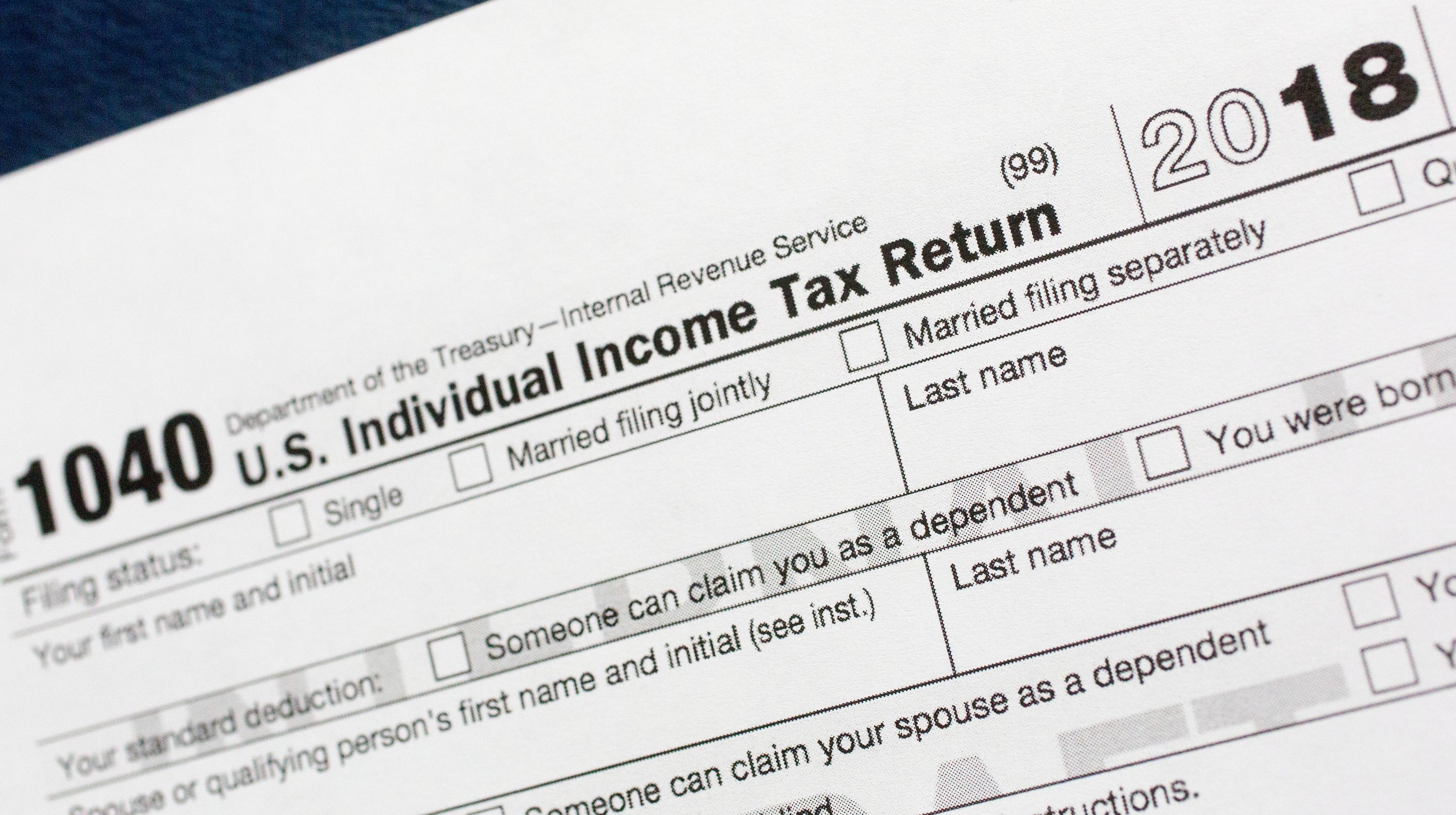By Justin Smith
For the Opelika
Observer
The 2017 Tax Cuts & Jobs Act is rightly referred to as a tax cut instead of tax reform. Federal tax laws have been changed significantly, and will provide significant benefits to many Americans. The law is in full effect for 2018 tax returns that will be filed this season.
New, Lower Rates
Most people will have lower tax liabilities this year. For starters, tax rates have been reduced. The rates are 10%, 12%, 22%, 24%, 32%, 35% and 37%. The income levels on which those lower rates are assessedhave been broadened, so you can earn more money and pay lower taxes on those earnings.
Enhanced Child Tax Credit
One of the most family-friendly tax benefits is the Child Tax Credit. The maximum amount of the credit was previously $1,000 for married taxpayers with up to $110,000 of income. Under the new law, the credit has doubled to $2,000 for married taxpayers with up to $400,000 of income. Up to $1,400 of the credit is refundable (meaning you can claim the credit even if your tax liability is zero). The credit is available for families who have children under 17. This is a great new tax benefit for families across the board.
Another new benefit is a $500 credit for dependents other than children, and is available for families whose children are over 17, at college, or have other relatives living in your home (think of extended family members).
Earned Income Credit Increased
The Earned Income Tax Credit (EITC) was also increased to a maximum amount of $6,444 for taxpayers with 3 or more qualifying children. The credit varies on your income and the number of children in your household, and was designed to help lower-income taxpayers.
Standard Deduction Doubled
While the personal exemption has been eliminated under the new law, the standard deduction was nearly doubled for all taxpayers. Single filers claim a $12,000 deduction (up from $6,350), married filers claim a $24,000 deduction (up from $12,700), and heads of household claim a $18,000 deduction (up from $9,350). This deduction provides a generous amount of your income that is not subject to any income taxes.
Count on College Tax Credits
The American Opportunity Credit was retained in the new tax law, and provides up to $2,500 in tax credits for the first $4,000 spent on qualifying expenses for the first four years of undergraduate college education. The Lifetime Learning Credit is an alternative benefit that pays you back 20% of the first $10,000 of college tuition and expenses, and has no limit on the number of years it is available.
With so many new, expanded and often overlooked tax benefits, your 2018 taxes should leave you in a better position after the law than before it. Consult with a tax professional to make sure you take advantage of the new law – you will be glad you did.
Justin Smith is a licensed Certified Public Accountant in Opelika, specializing in individual and small business tax and accounting. He can be contacted at 251-209-2579 or Justin@JSmithCPA.net. His Web site is www.jsmithcpa.net

